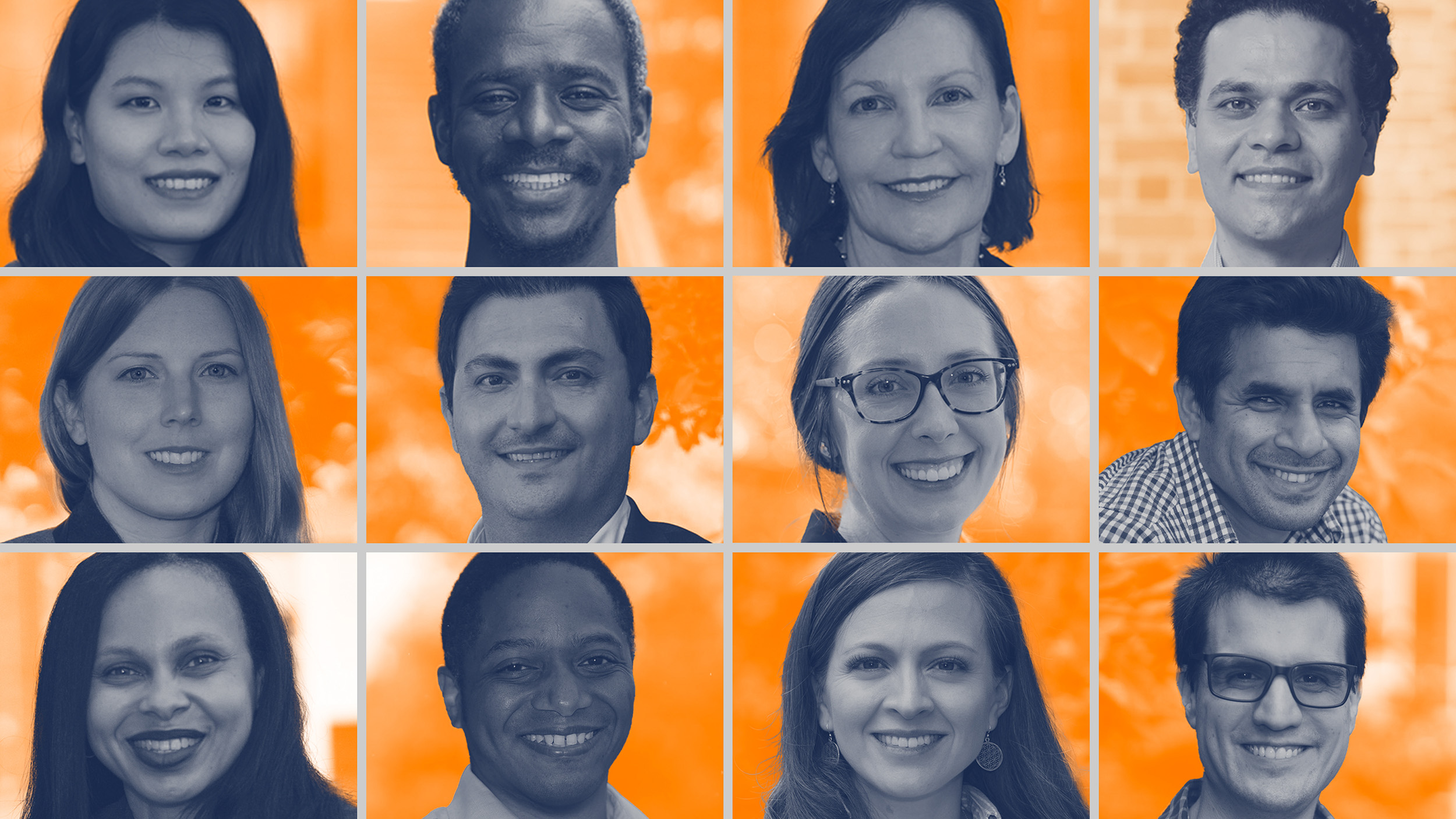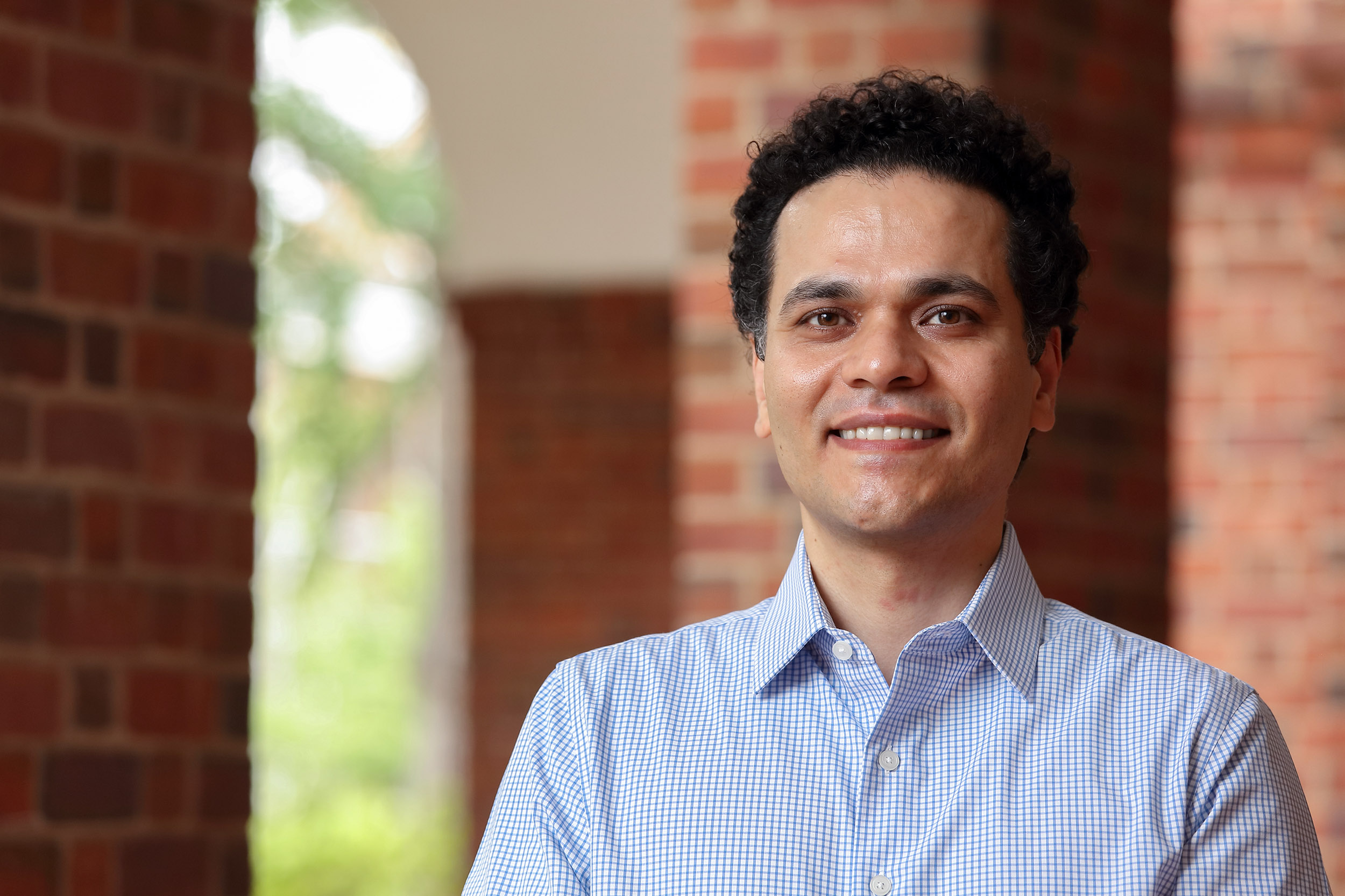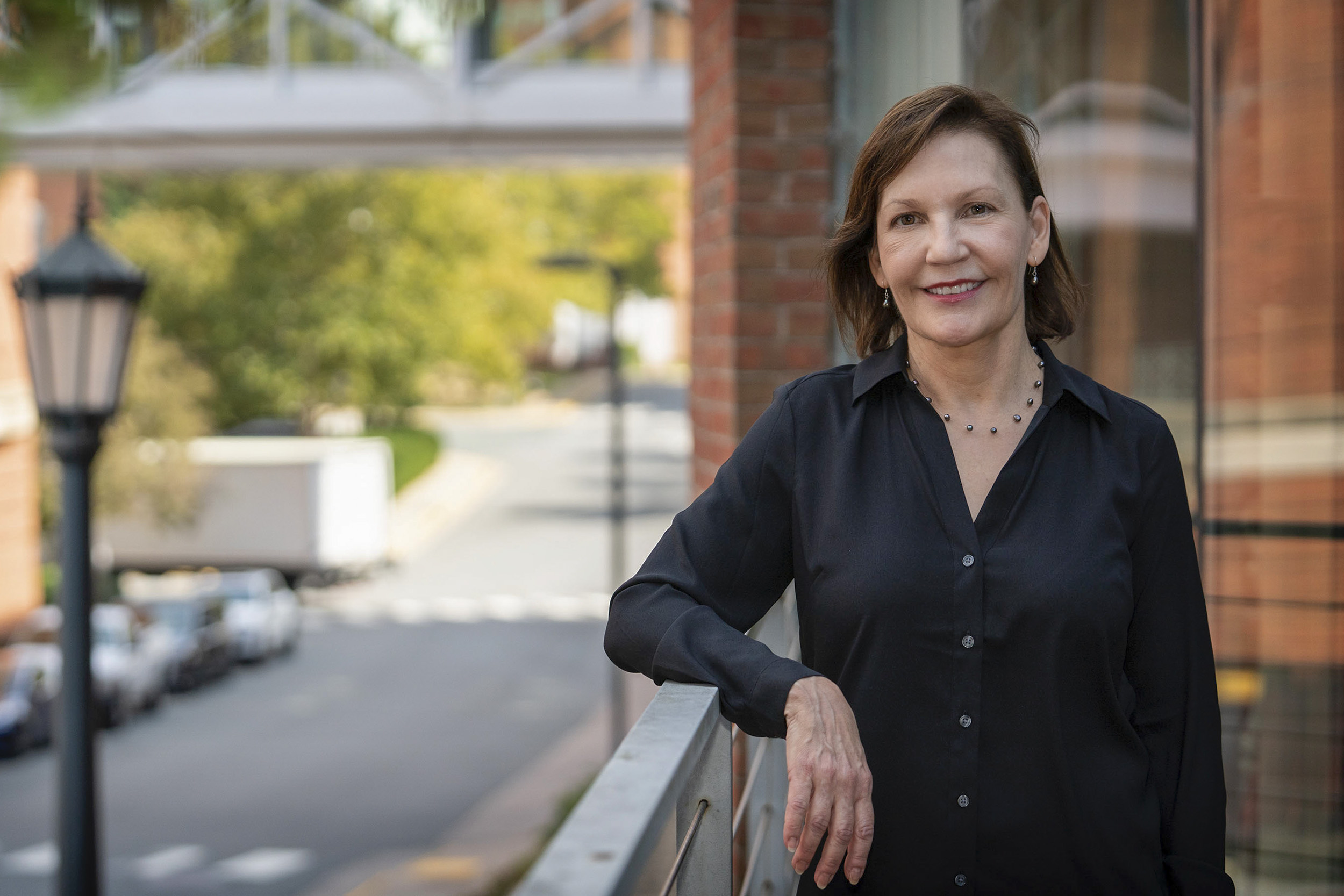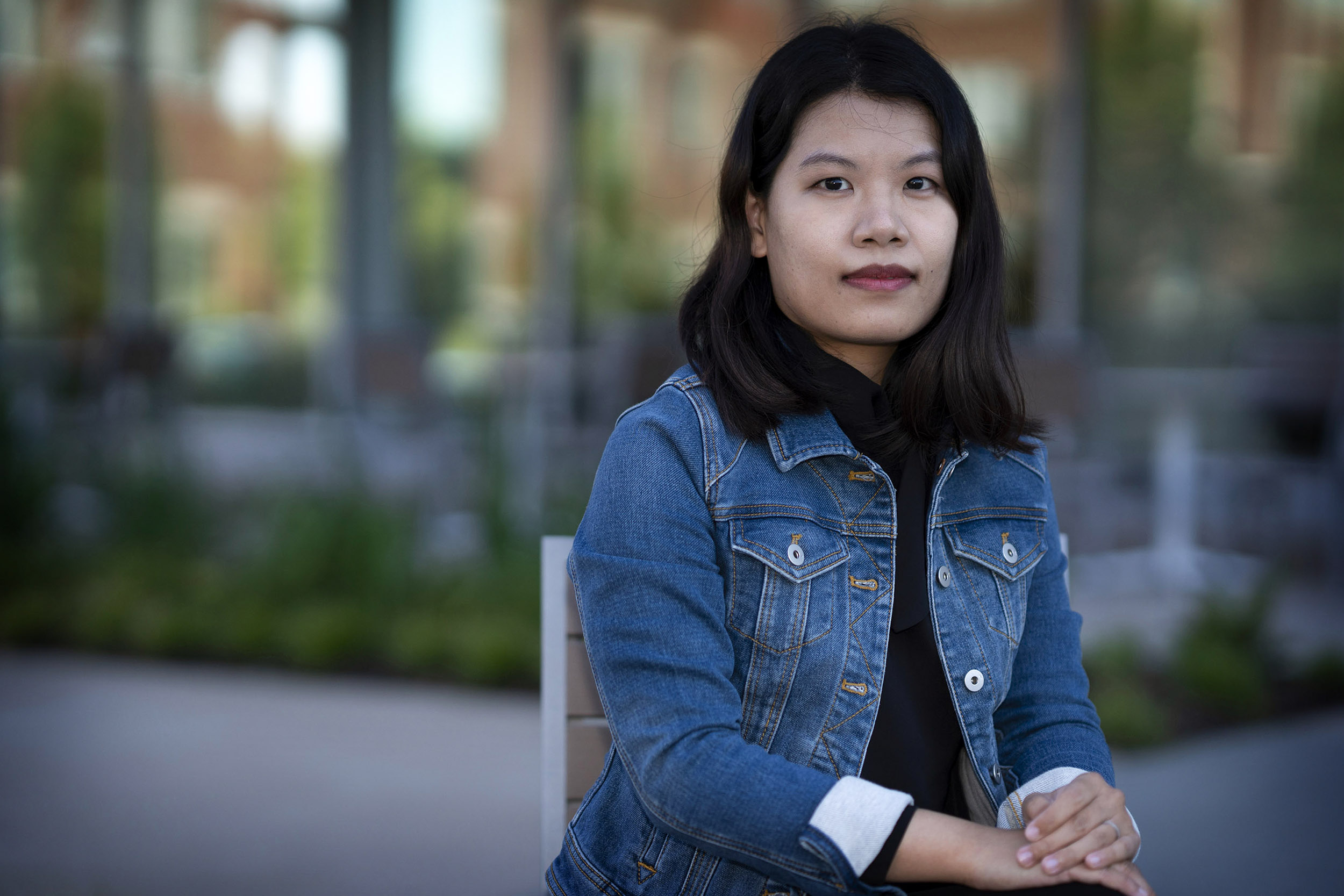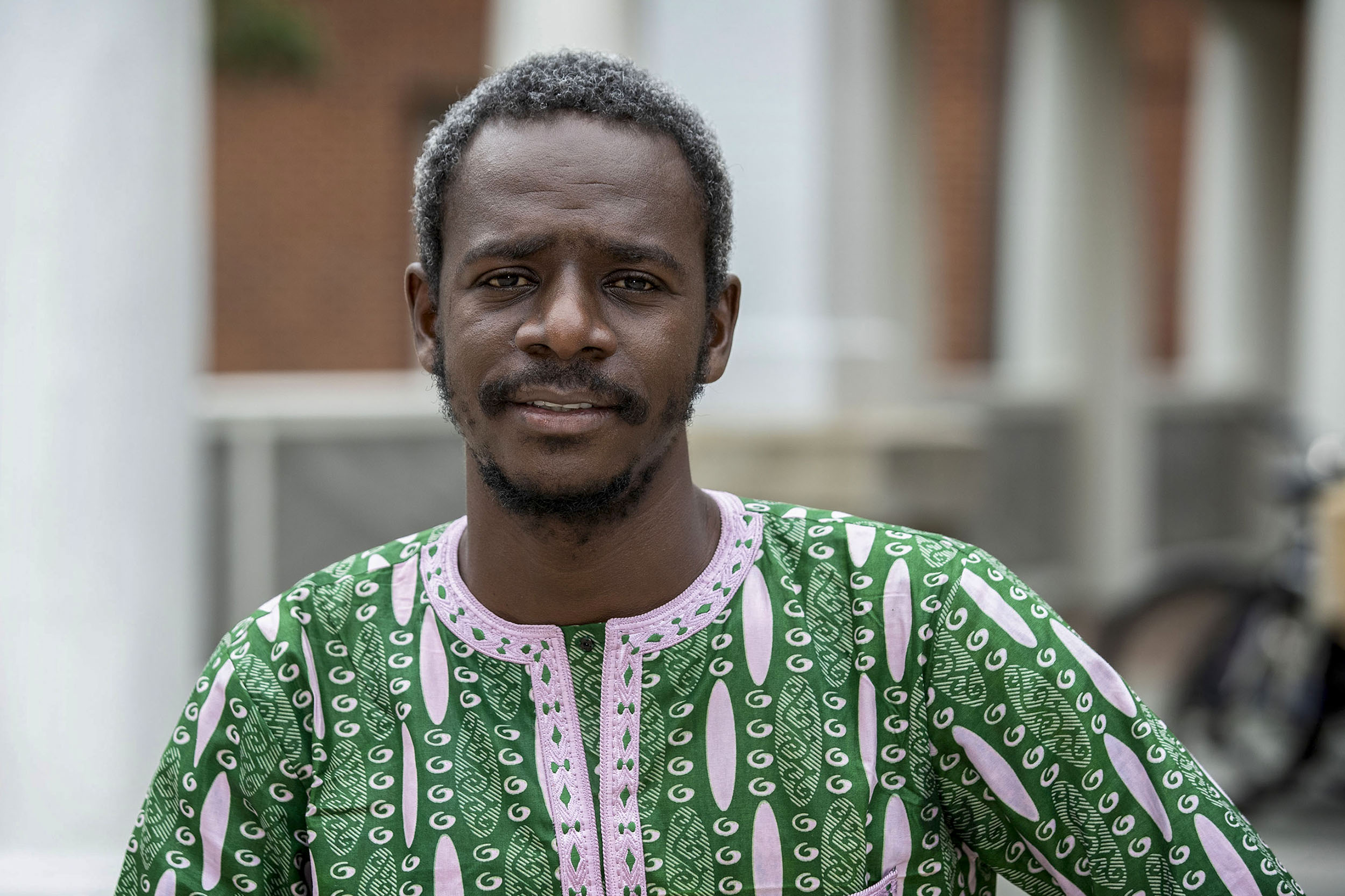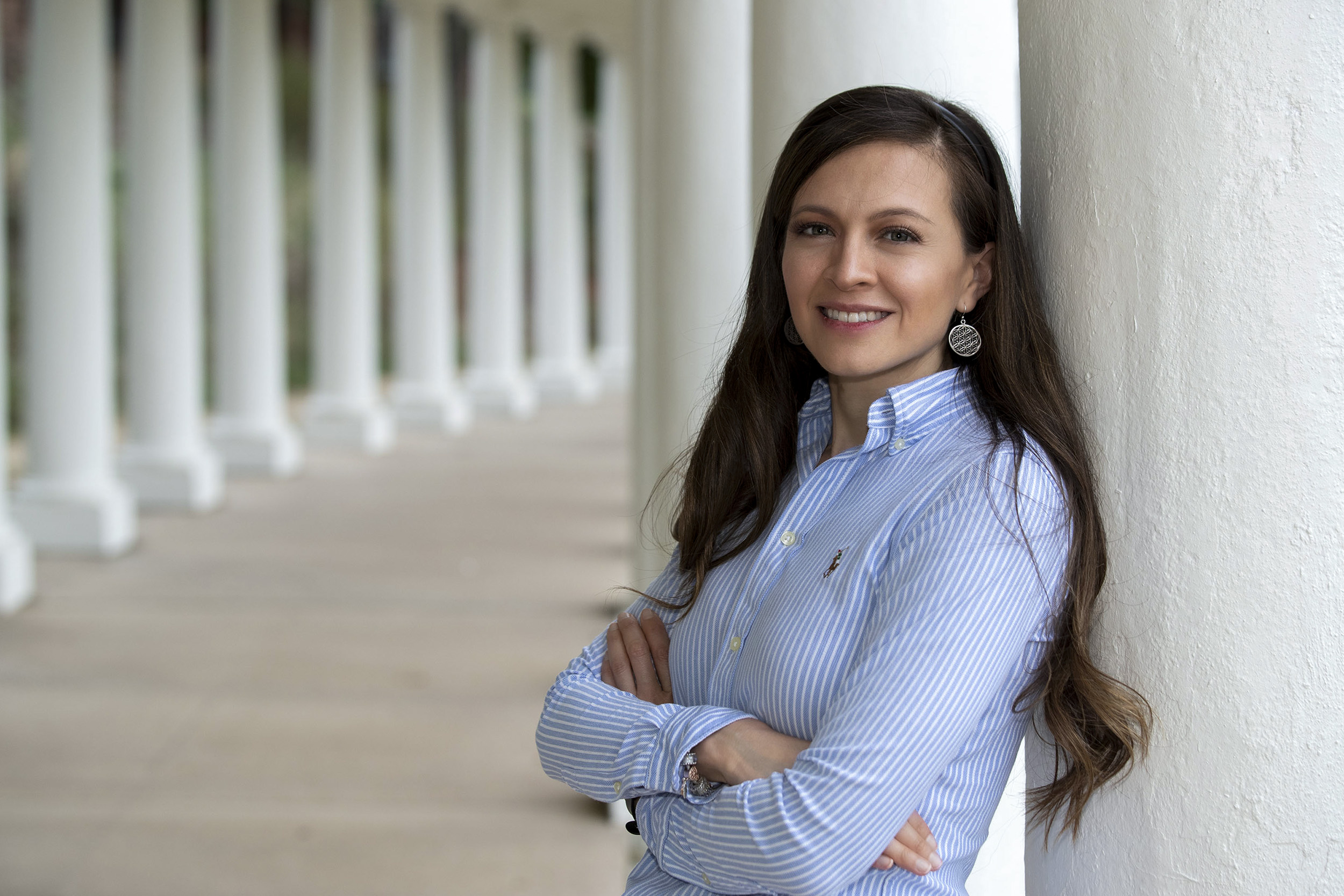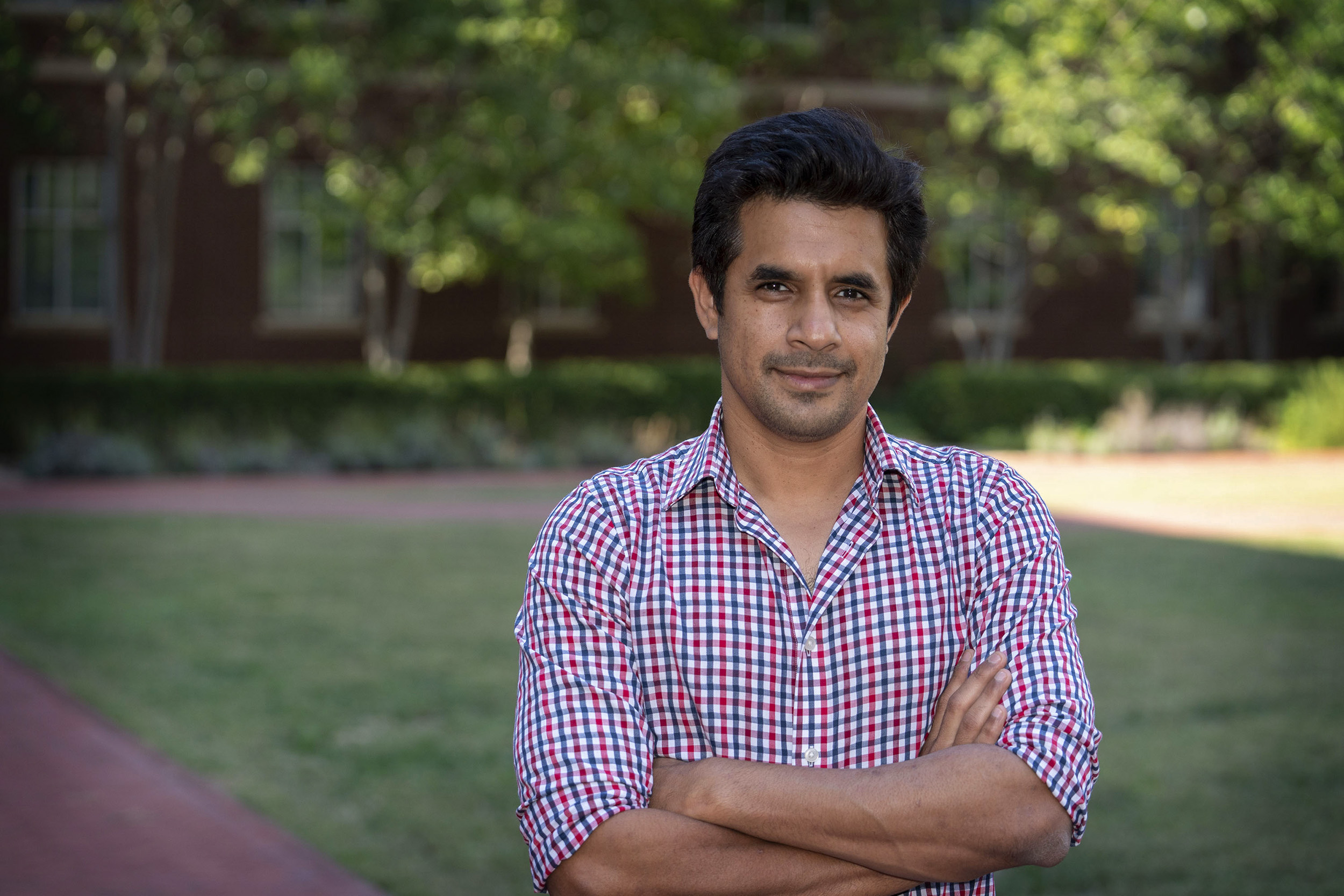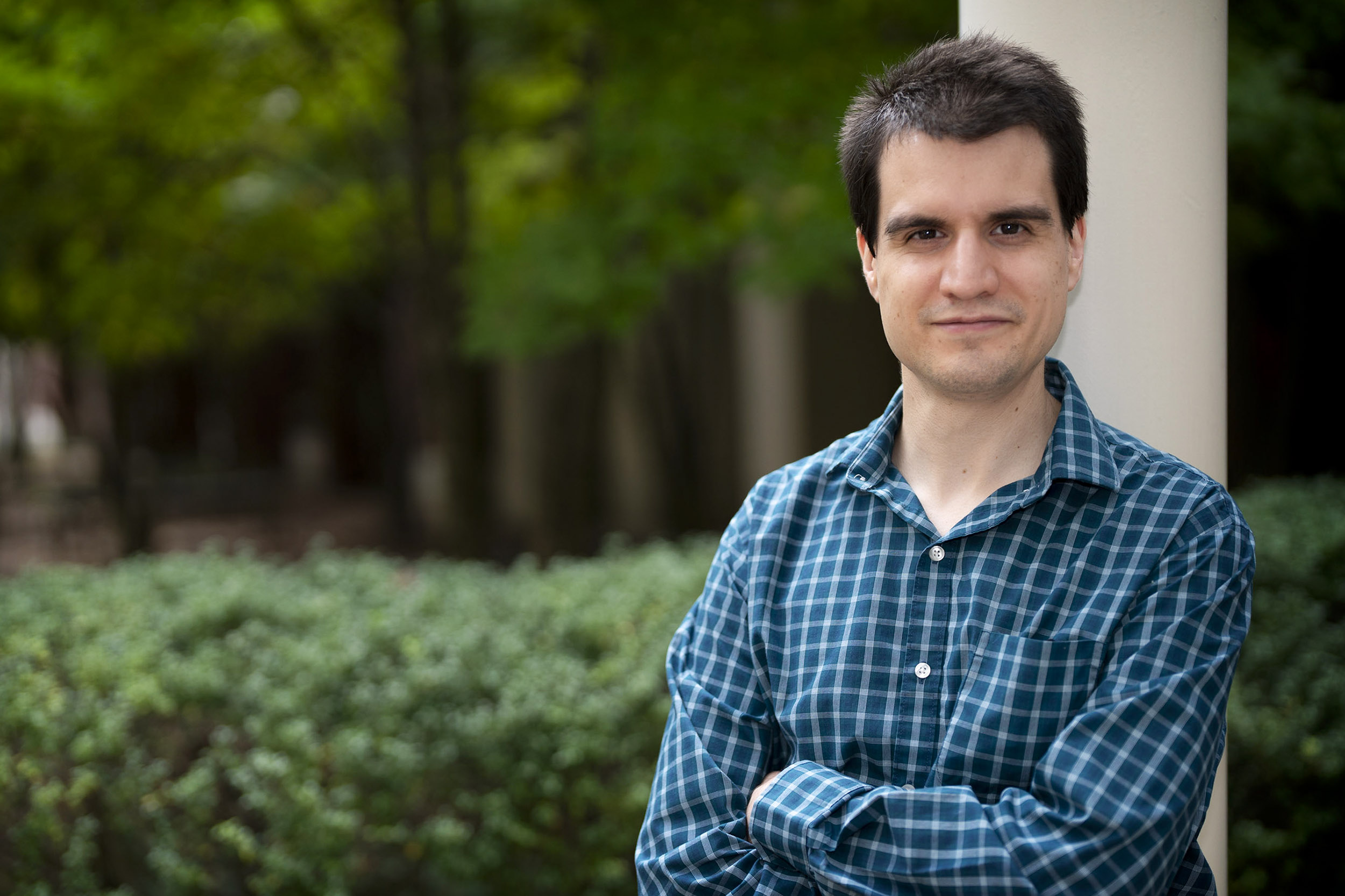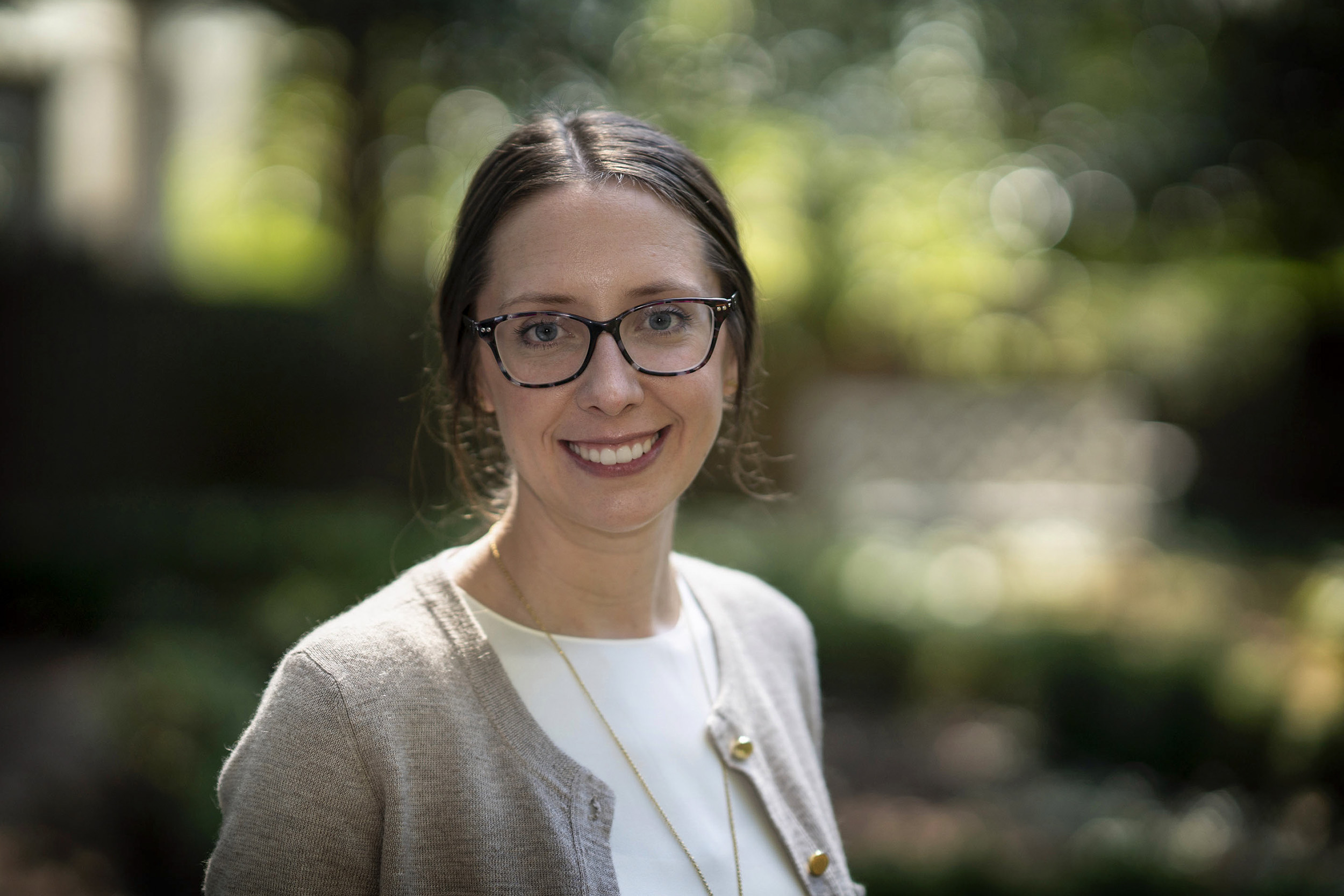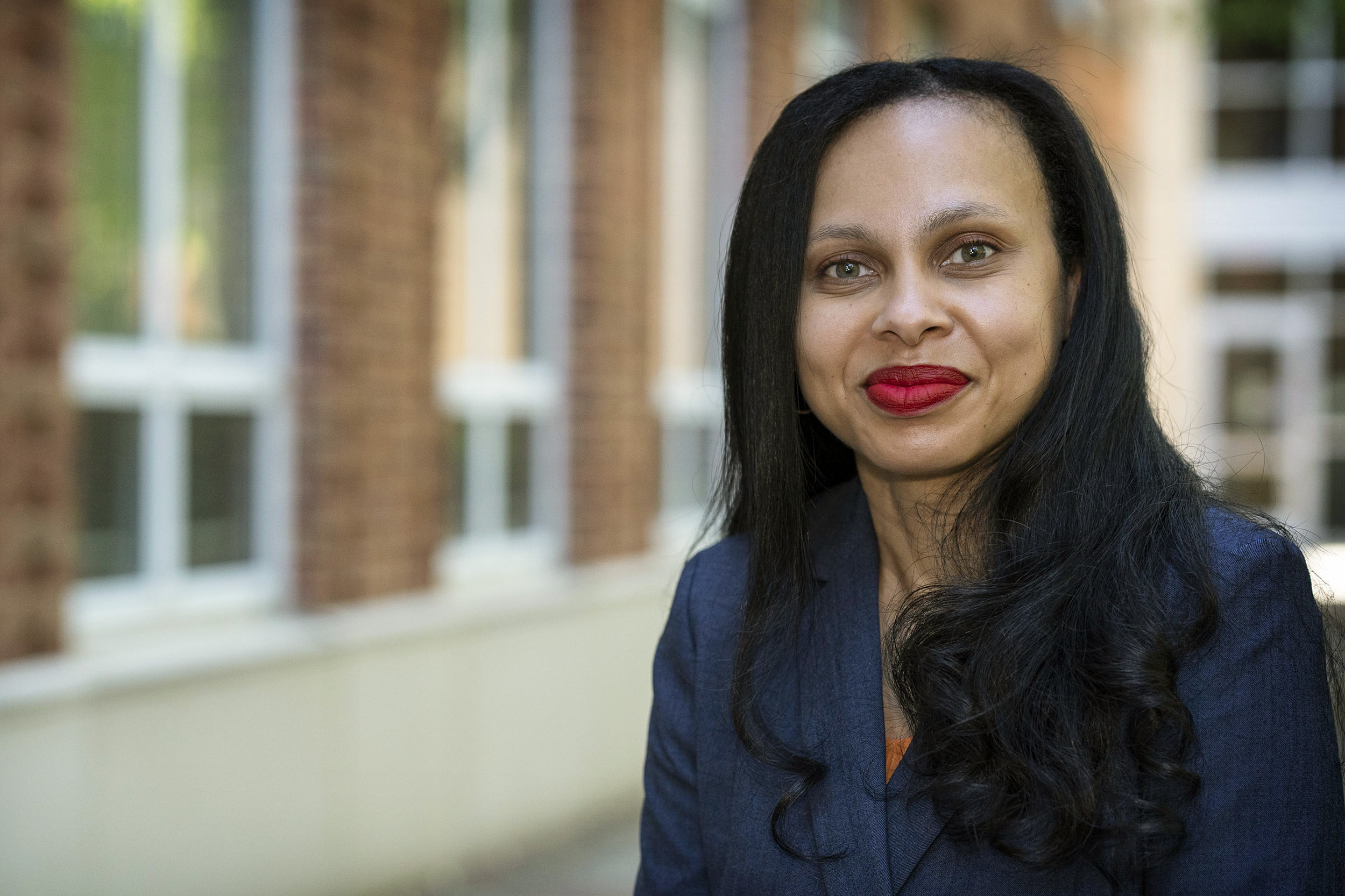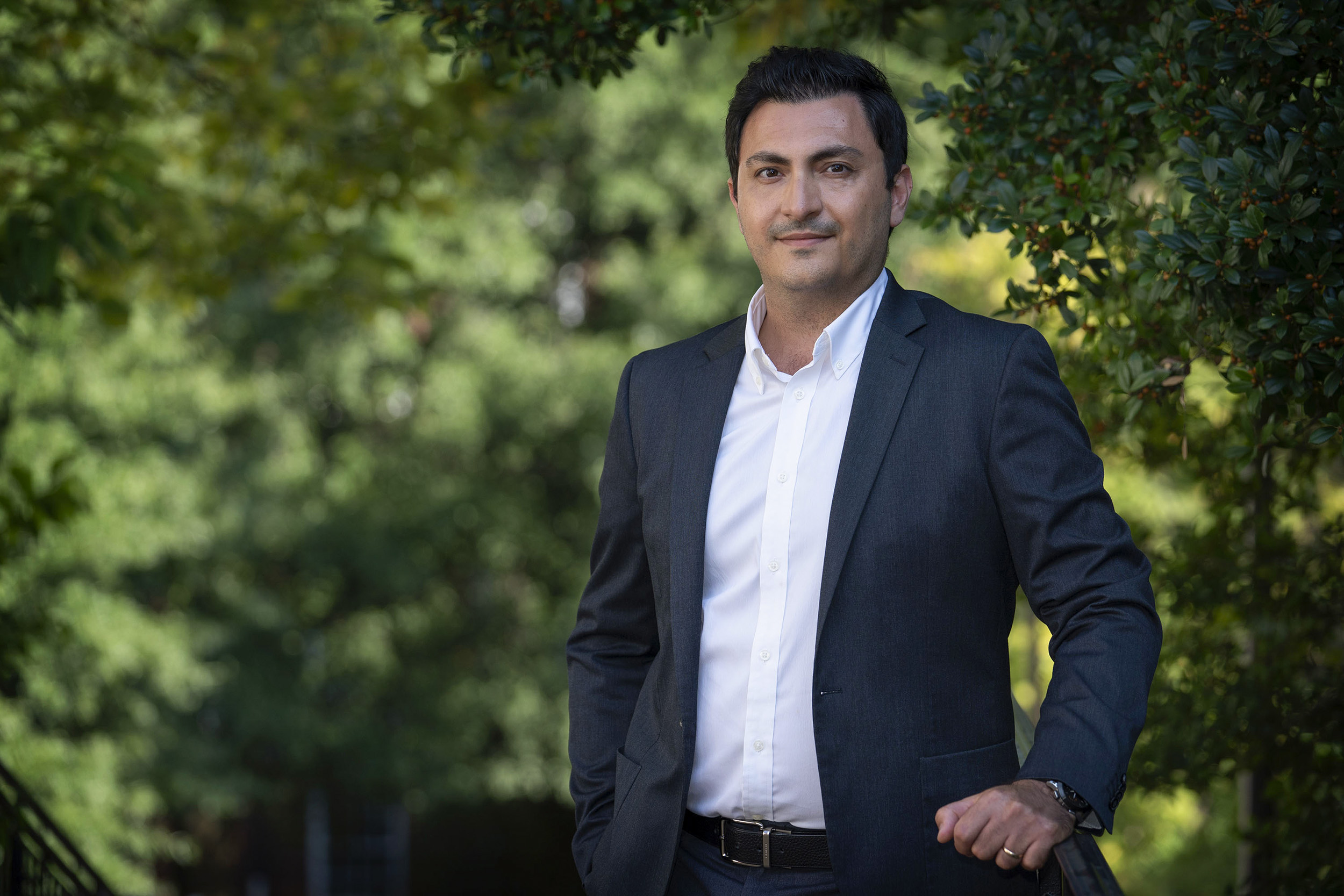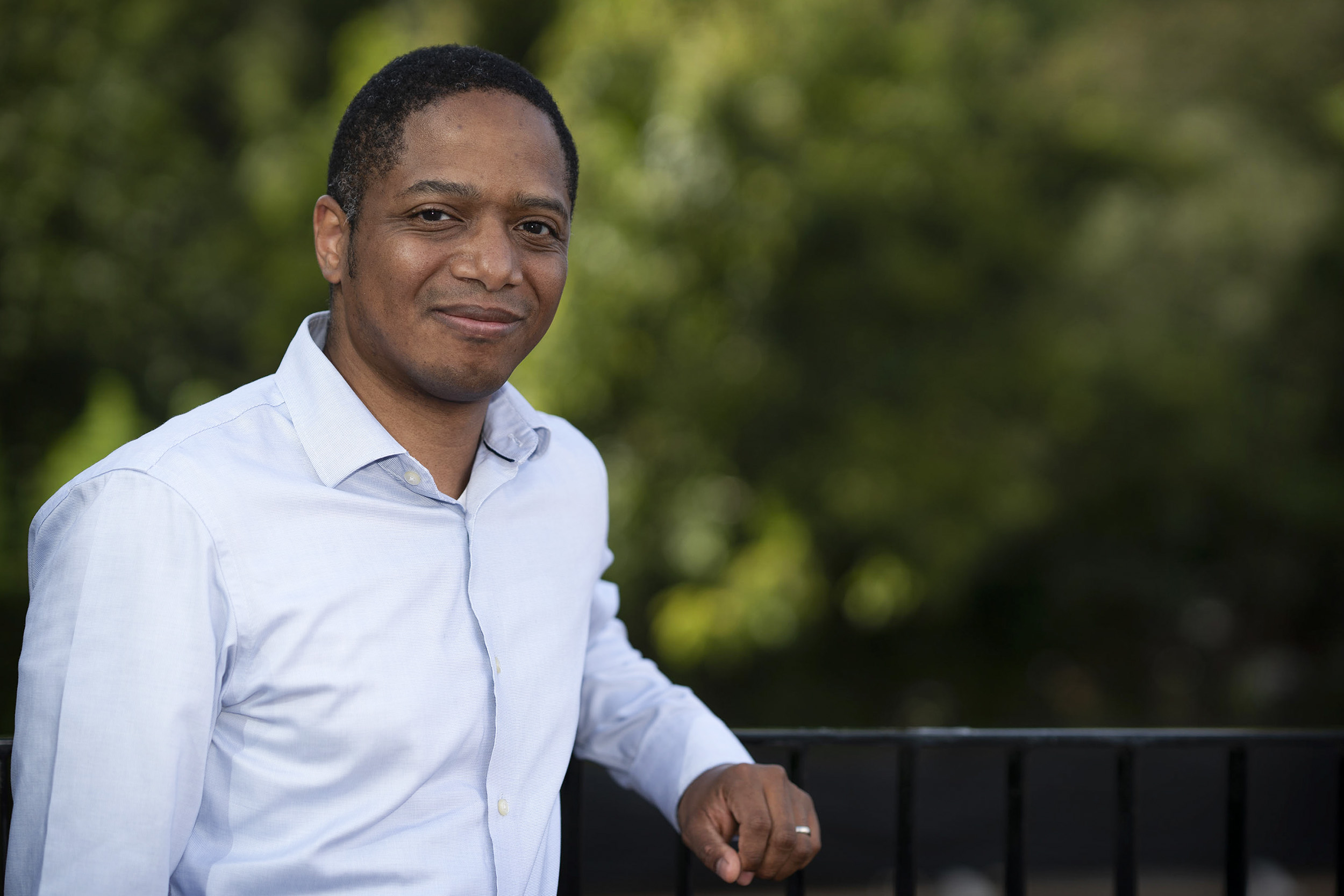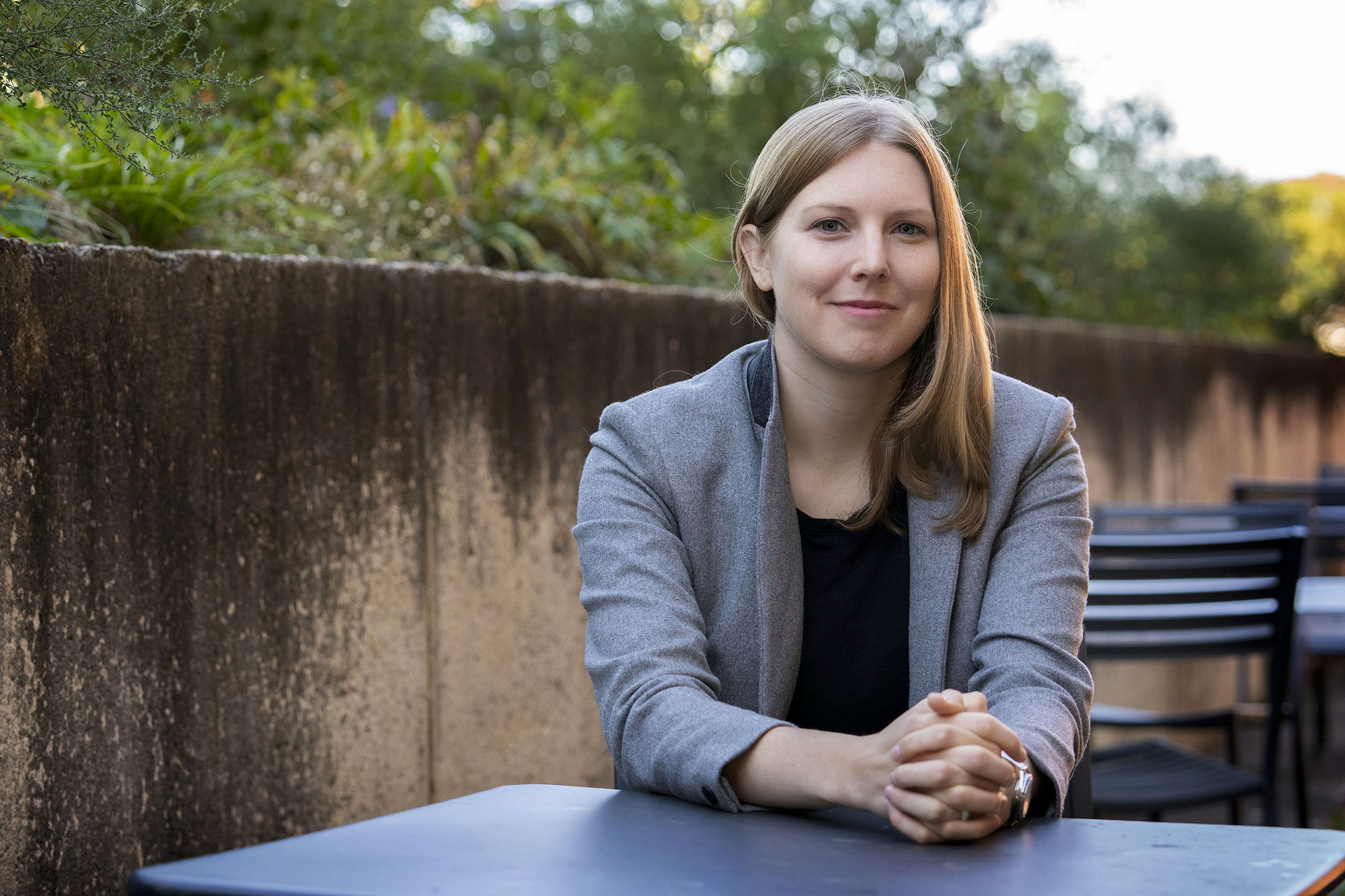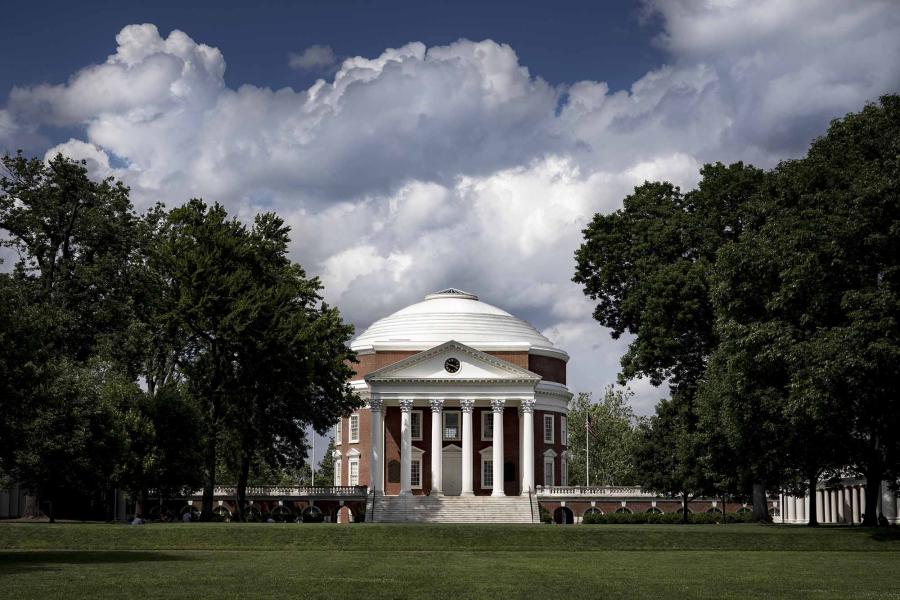Searching for the key genes responsible for the formation of the human heart. Developing artificial intelligence technologies to help in high-stakes decision-making. Using rapidly renewable materials such as bamboo, grasses and invasive plant species in sustainable design.
Recruiting and retaining the very best researchers, teachers and mentors to the University of Virginia are among the top initiatives in the institution’s Great and Good 2030 Plan and align with recommendations of the 2020 Racial Equity Task Force, which emphasizes UVA’s commitment to broadening and strengthening excellence and the diversity of the faculty. Recently hired faculty members are already beginning to bolster UVA’s capabilities in the strategic priority areas outlined in the plan: democracy, environmental resilience and sustainability, precision medicine, the brain and neuroscience, and digital technology and society.
“These faculty are exceptional, as teachers, scholars, clinicians and mentors,” UVA Executive Vice President and Provost Liz Magill said. “They are powerhouses, each and every one, and bring with them the intellectual breadth, diversity, creativity and commitment to serve in all that they do that are the hallmarks of UVA at its best. Their contributions will propel UVA forward in the years to come, and help us fulfill President Jim Ryan’s aspiration to be both great and good.”
